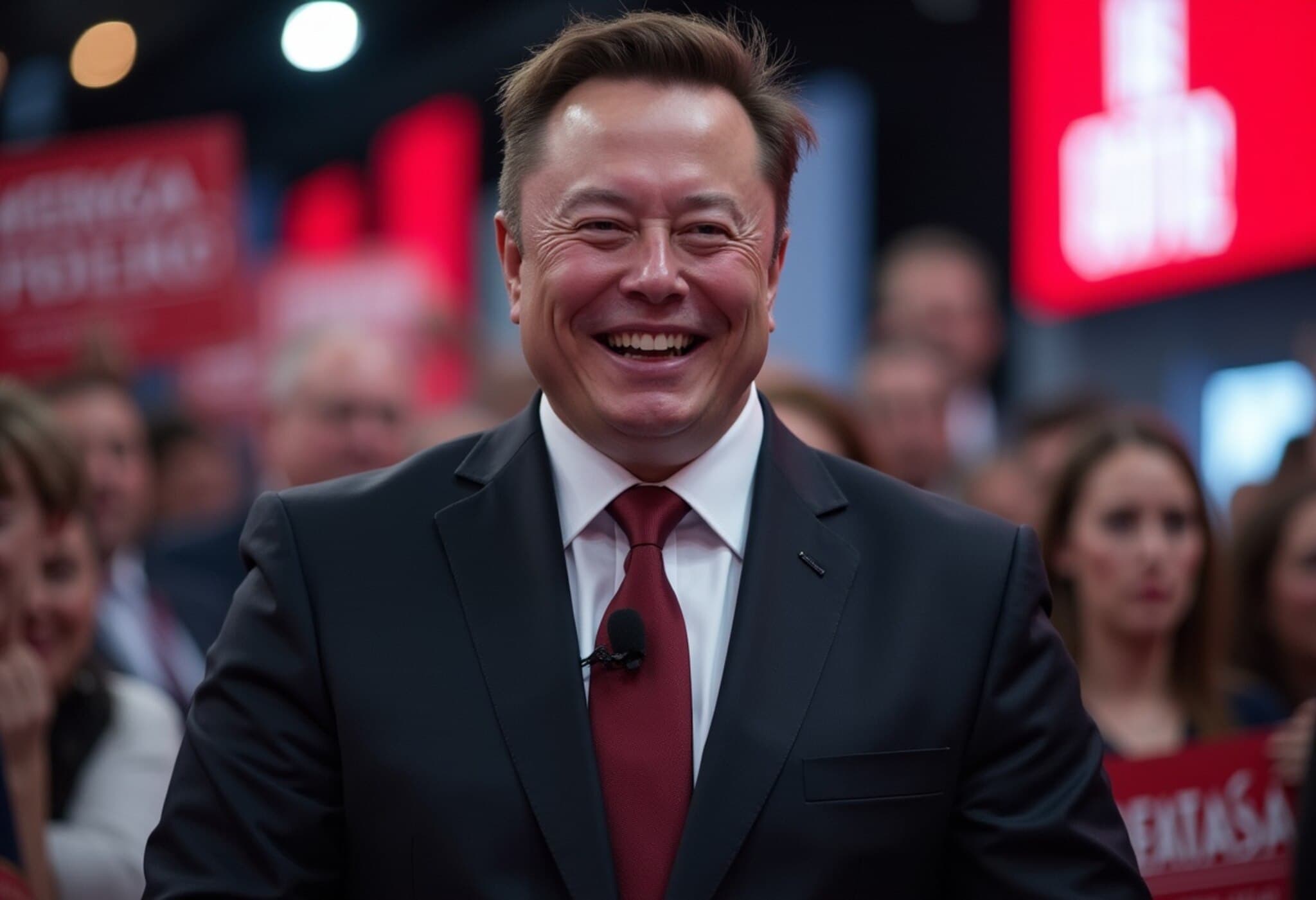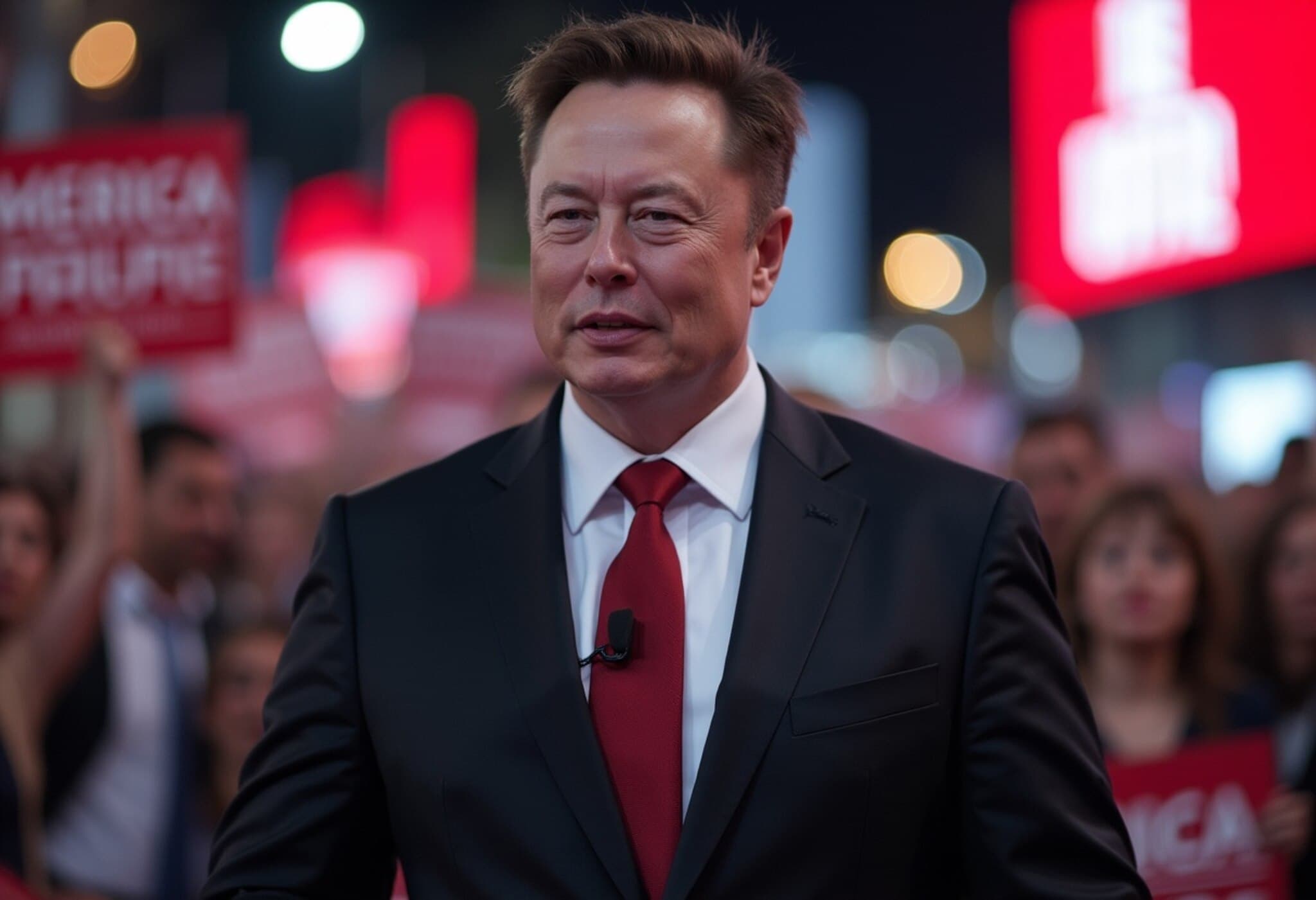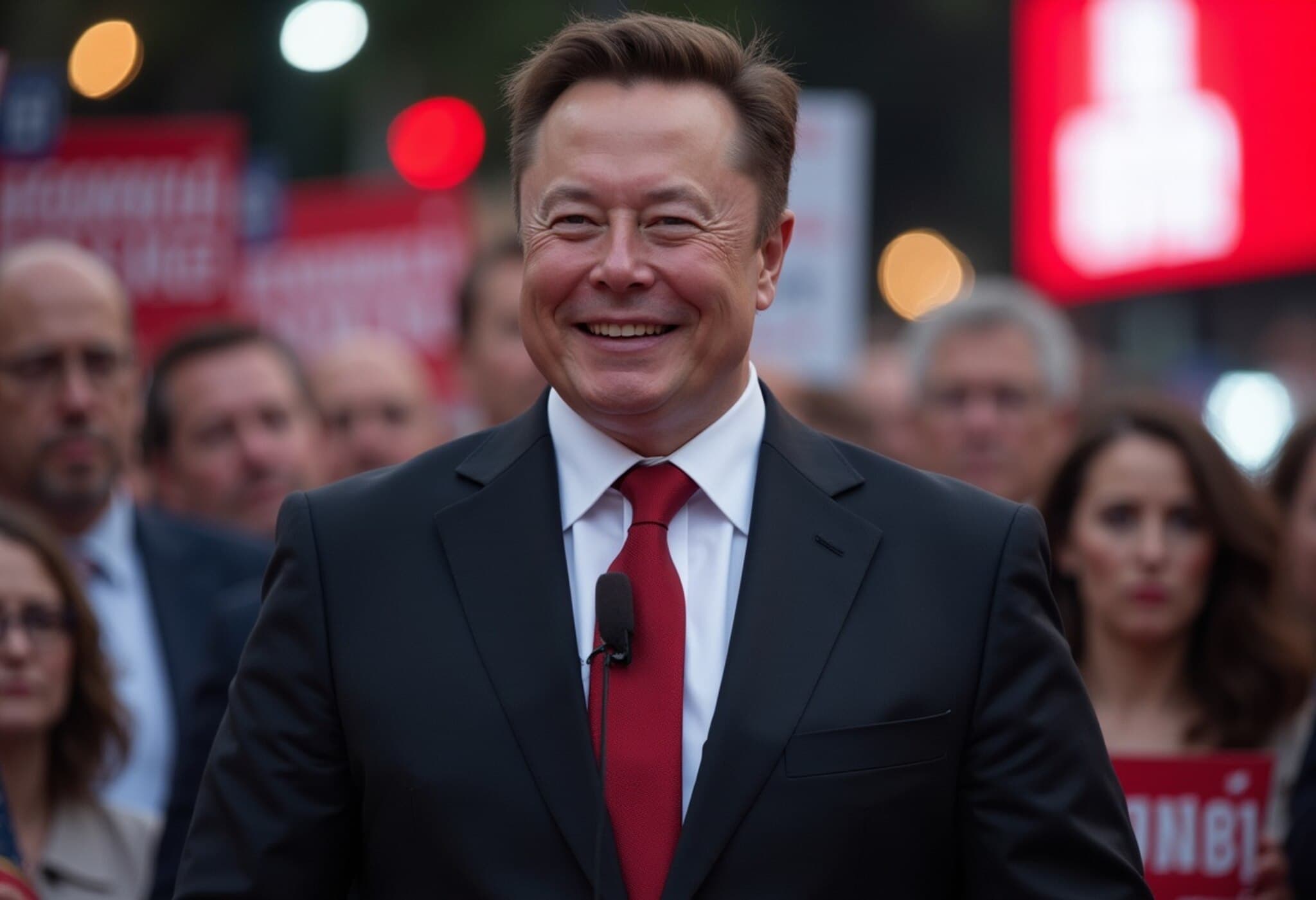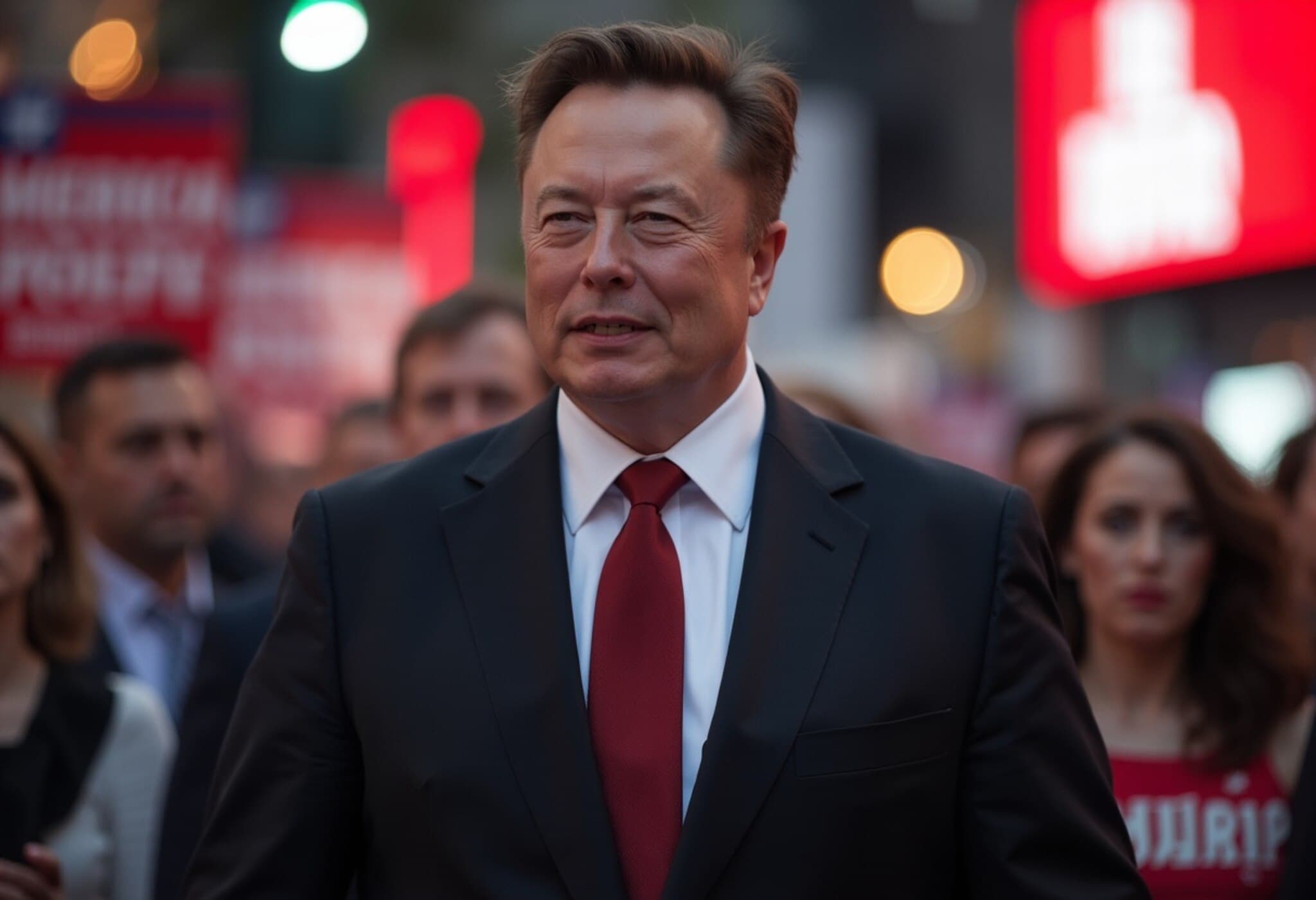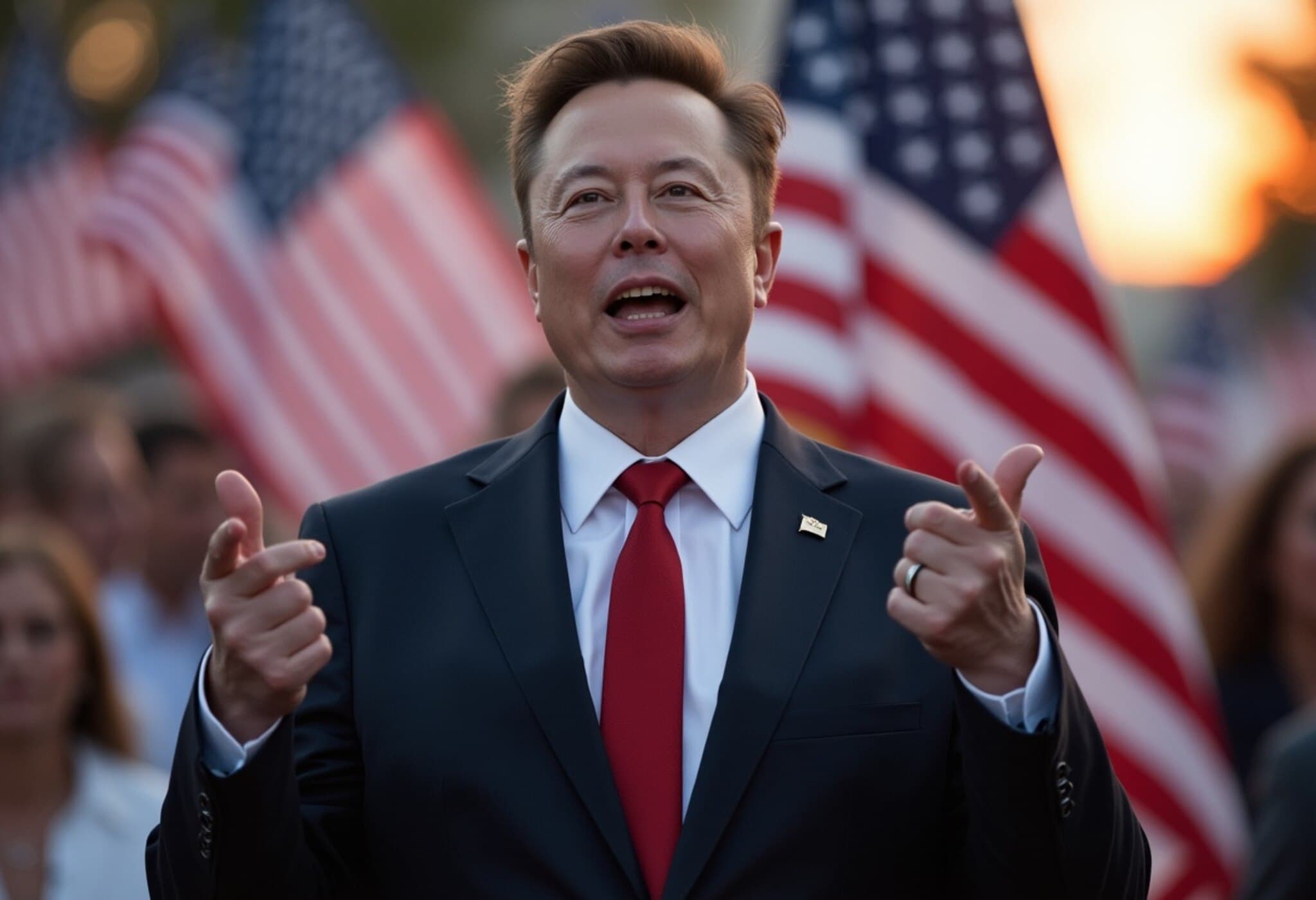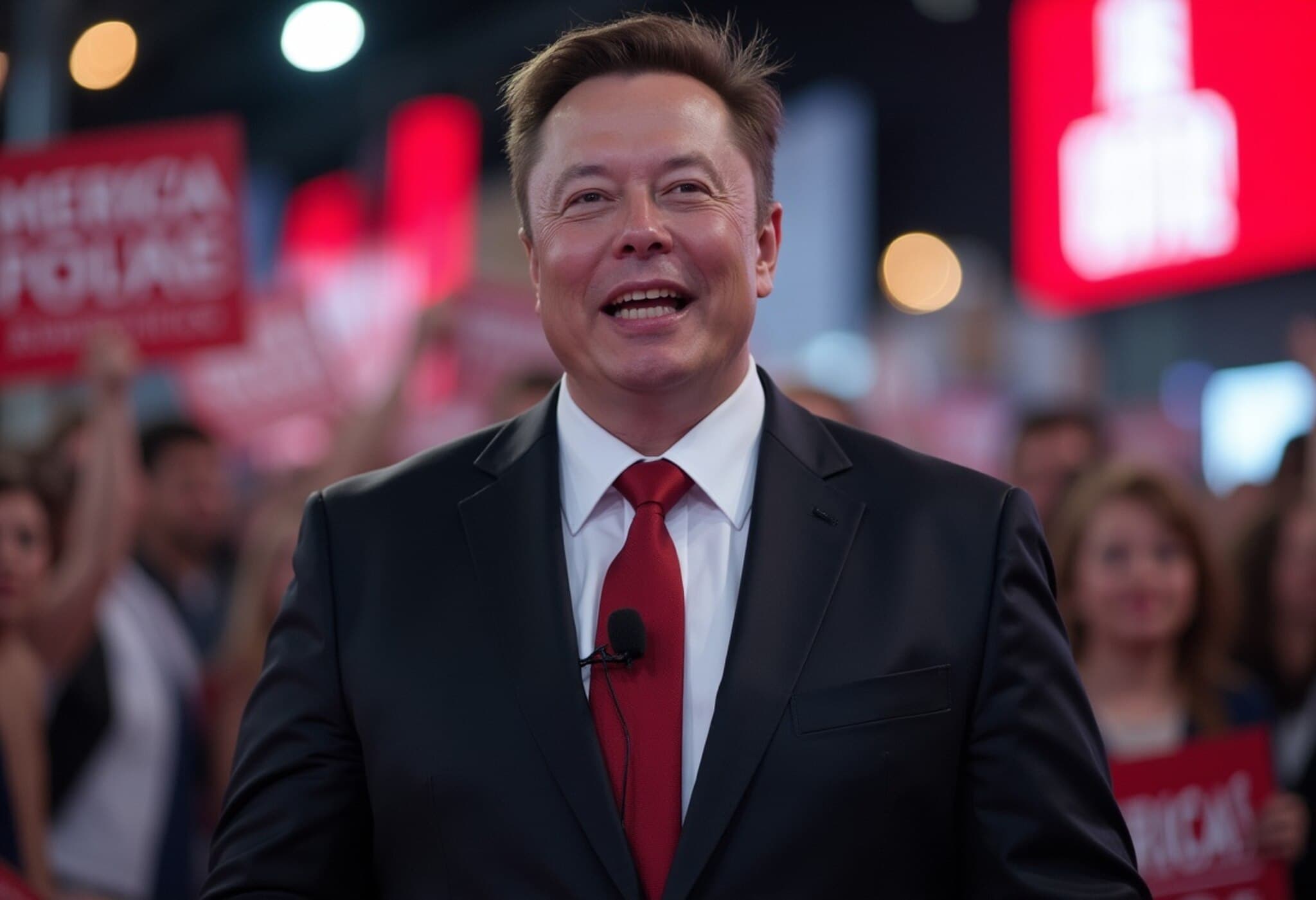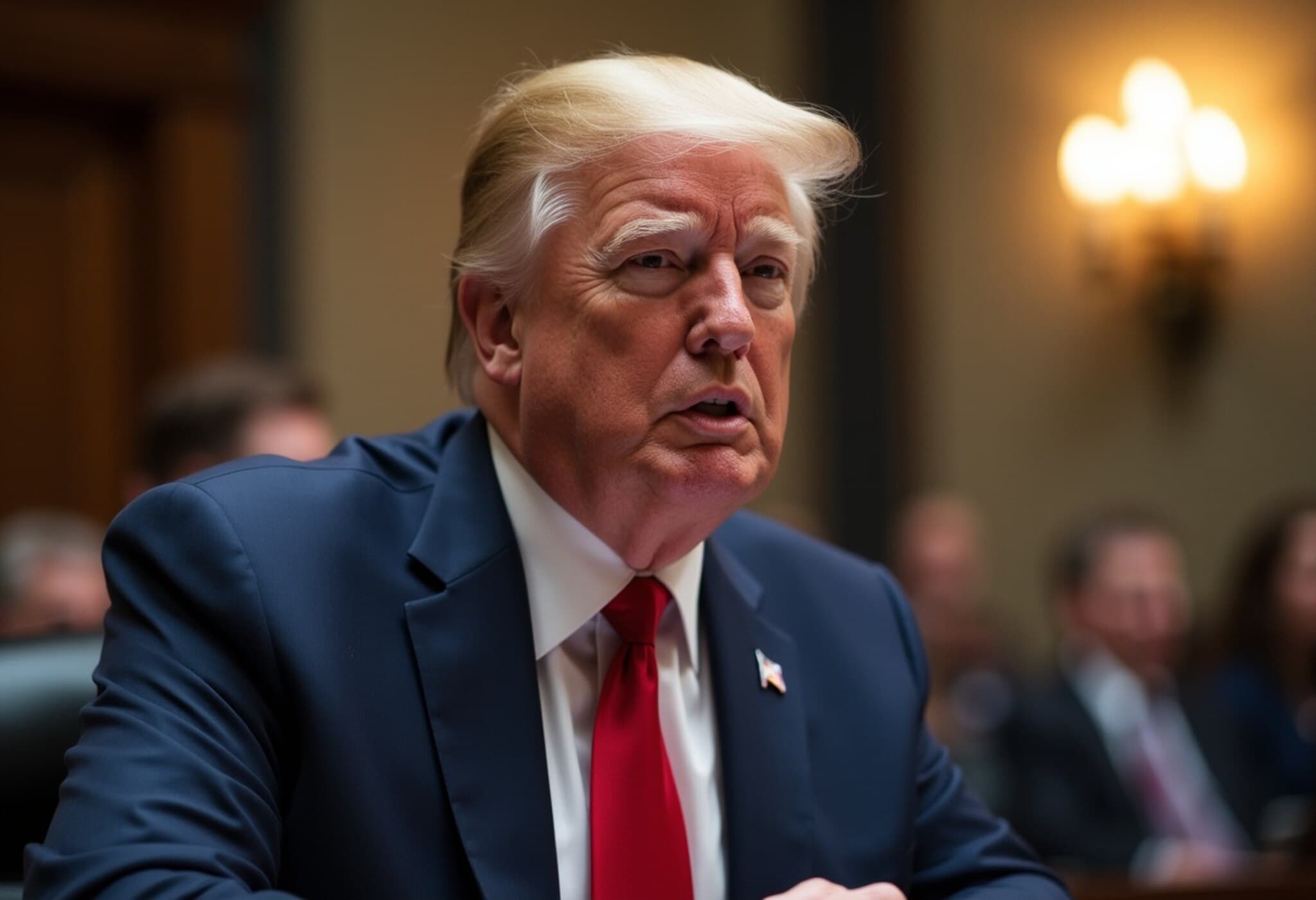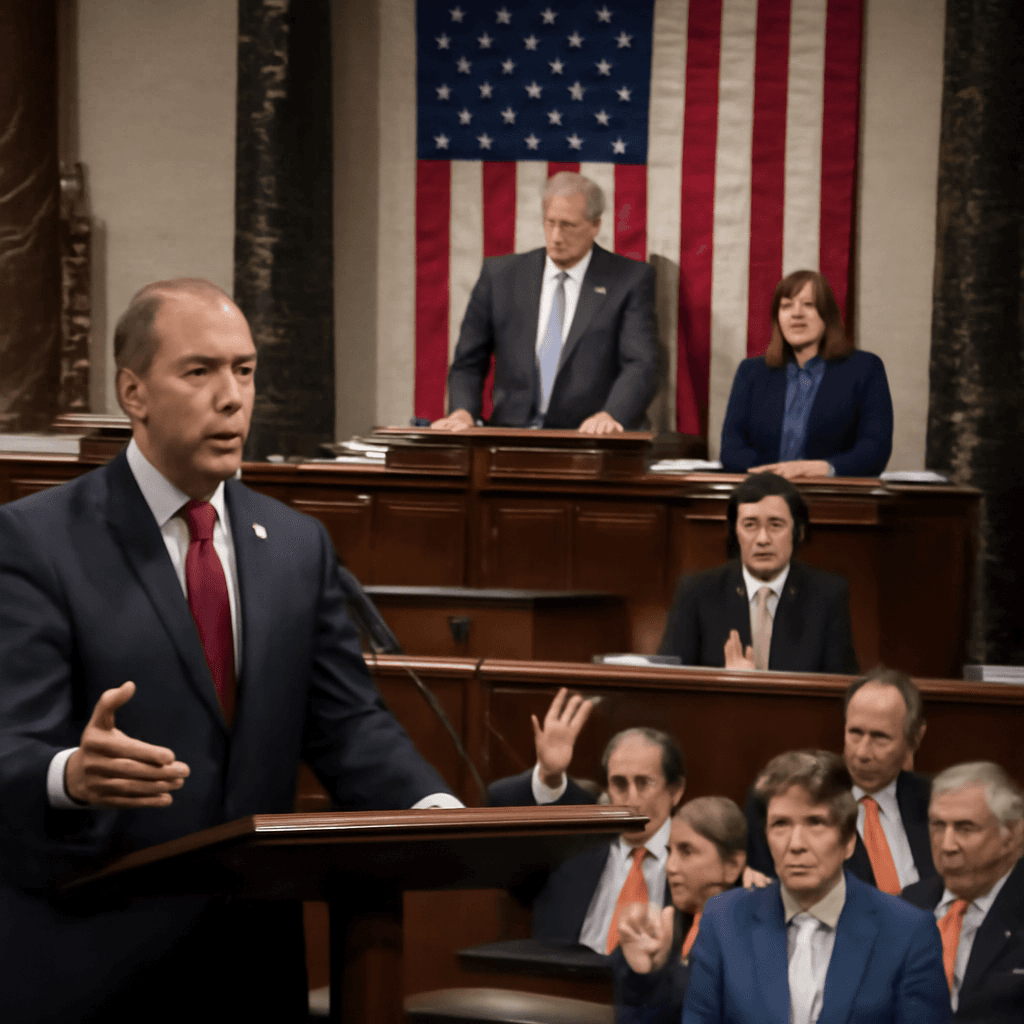Senate Advances Trump’s ‘Big, Beautiful Bill’ Amid High-Stakes Negotiations
Republican Senate leaders have taken a significant step forward in advancing a sweeping budget bill central to former President Donald Trump’s legislative agenda. The so-called ‘One Big Beautiful Bill Act’ narrowly cleared a critical procedural vote in the Senate late Saturday night, 51-49, setting the stage for intense debate and a possible final vote in the coming days.
This milestone came after hours of deliberations and negotiations among Senate Republicans, who had to persuade key holdouts to support the package. Notably, Senator Ron Johnson of Wisconsin switched his initial “no” vote to “yes,” tipping the balance in favor of advancing the bill. Despite this, Senators Thom Tillis (R-NC) and Rand Paul (R-KY) voted against the motion, reflecting ongoing divisions within the GOP.
Key Components and Controversies
The nearly 1,000-page bill proposes more than $3.8 trillion in tax cuts and spending increases, which could increase the national debt by trillions over the next decade. The package prioritizes significant tax relief and boosts funding for the military and border security while aiming to reduce federal safety net programs like Medicaid and SNAP.
- Social Security Tax Relief: The bill offers $6,000 tax deductions for seniors, extending some relief for Social Security income, a promise partially made by Trump during his campaigns.
- Medicaid Restrictions: The act imposes stringent new work mandates and re-enrollment procedures for Medicaid recipients, especially targeting childless adults without disabilities. This is one of the most drastic policy shifts, expected to impact millions reliant on Medicaid.
- State and Local Tax Deduction (SALT): The SALT deduction cap has been raised to $40,000 for married couples earning up to $500,000, but only through 2030, appealing to Republicans from high-tax states.
- Supplemental Nutrition Assistance Program (SNAP): Heightened work requirements and increased state contributions aim to curb program costs.
- Tax Benefits and Credits: The bill eliminates taxes on overtime and tips and raises the child tax credit to $2,500 for families with both parents having Social Security numbers. Senate Republicans seek a modest $2,200 credit increase with fewer eligibility requirements.
- Clean Energy Tax Breaks: Both House and Senate plans aim to phase out Biden-era clean energy incentives, but the Senate’s approach phases them down gradually, sparking debate.
- Debt Ceiling: The legislation proposes raising the federal debt ceiling by $4 trillion, with Senate Republicans pushing for $5 trillion to ensure government financial stability.
Political Dynamics and Challenges Ahead
The bill’s path is fraught with uncertainties. It must pass the Senate’s full debate, which Democrats have slowed by demanding the entire text be read aloud on the Senate floor—a process that could drag on for 15 hours or more. This procedural move is designed to expose the bill’s contents to lawmakers and the public, generating scrutiny and debate.
After the reading, a ‘vote-a-rama’—an extensive series of amendment votes—will test Republican unity and provide Democrats opportunities to challenge the bill’s provisions.
Even within the GOP, several lawmakers have expressed reservations. Senator Susan Collins has indicated she may oppose the bill unless certain amendments are adopted, particularly regarding Medicaid funding and the planned cuts. House Republicans have also voiced concerns, especially about Medicaid changes, which threaten rural hospital funding and healthcare access for millions.
Former President Trump has ardently pushed for swift passage, urging the Senate to pass the measure by the July 4 deadline so he can sign it into law. He publicly praised the key senators who helped move the bill forward and lambasted dissenters.
Criticism and Opposition
Democrats unanimously oppose the bill, criticizing it as a “reckless and regressive” plan that benefits wealthy interests at the expense of vulnerable Americans. Senate Minority Leader Chuck Schumer lambasted the bill’s Medicaid cuts and growing national debt, vowing relentless opposition.
Outside critics, including business leaders, have voiced concerns. Billionaire entrepreneur Elon Musk called the bill “utterly insane and destructive,” warning it puts traditional industries ahead of future growth sectors and threatens millions of jobs.
What Lies Ahead
If the bill passes the Senate’s final vote, it will return to the House of Representatives for approval. Given narrow Republican majorities in both chambers, leadership can afford only a handful of defections among their ranks. With multiple contentious issues still unresolved, the final passage remains uncertain.
Still, the legislative momentum marks a pivotal moment in implementing Trump’s economic and fiscal vision. Lawmakers face intense pressure to reconcile competing priorities and deliver a bill before the midyear deadline.
As the political drama unfolds, all eyes remain on Capitol Hill as the nation weighs the potential impact of sweeping tax reforms and federal spending changes encapsulated in the ‘big, beautiful bill.’




